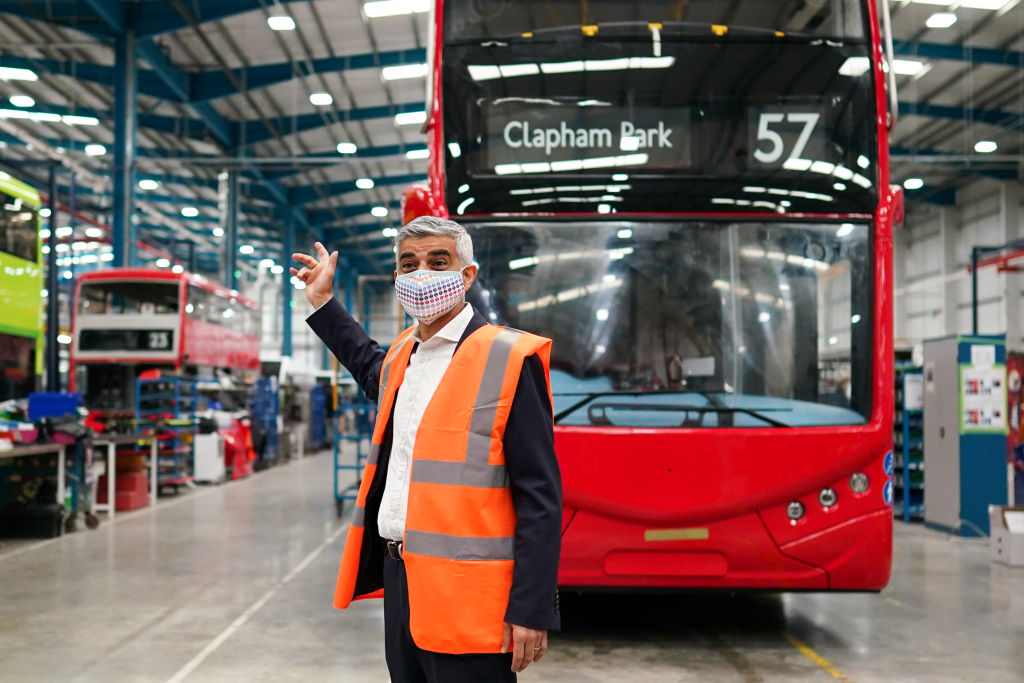Can confirm: the newish BYD hybrids are much better than the old Volvos. Would recommend trams instead however.
Busses should not be battery powered. They run on fixed routes, put some wire up and make a trolly bus network, it lowers the demand for exotic materials for batteries, while also lowering the energy use of moving the bus as it removes the heavy batteries.
Trolleybuses have been replaced by metro systems in many parts of the world over the past several decades. Going back to trolleybuses makes little sense.
I agree, but we are talking about replacing fossil powered busses here, why not pick the most energy efficient solution right off the bat?
I happen to agree with you, but the problem is that it’s not right off the bat. London is very complicated, with narrow streets and bendy roads. Moving to light railway/trolley is a massive investment and TfL is already in deficit.
That’s fair, I jist watched a WTYPpod episode yesterday when they ranted about how cities remove the trolley wires with a future promise to get on battery busses, an increadibly dumb idea. So I was already a bit riled up.
I actually think it’s something London should invest in. I remember watching a video where it said the longevity of trolley cars dwarves busses. Currently London busses have a self life of around 15 years, if we can get trolleys that last half a century and remain comfortable and modern feeling, it’s worth it. But London roads are far from equipped for them.
Why add extra infrastructure though?
Also if a road gets closed on the route requiring wires the trolley bus can’t continue, whereas an normal one can re-route.
Unlimited range.
Batteries have a finate range, takes time to charge, and are consumed over time, trolley busses have a much longer life span than battery busses and even normal busses.
until a wire breaks, a tree falls, a bird shorts it, bad weather, and all the unknown variables you have to account for.
Trolly buses were the highlight of my childhood but talking about it with a few engineers, they’re very high risk and maintenance. You have to have something predictable, disaster resistant, time tested, low maintenance, cost effective, and idiot proof.
Hopefully some battery tech comes in that doesn’t require slave-mining but trolly buses are not the uncertainties.
Ok, so what you are saying is that the bus service should be replaced by rail:
Predictable - No random traffic, vastly imporves reliabillity of the system.
Disaster resistant - Less traffic in the system means less impact of disasters.
Time tested - rail has been used for longer than cars/busses.
Cost effective - After a large initial investment the large capacity of the system compensates for the large cost.
Idiot proof - this does not exist, but rail gets close with a lot of added control and safety systems to improve safety and reliabillity.
They’re about to get a whole lot fancier.




